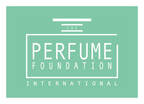|
By Creezy Courtoy, Anthropologist and IPF Founder and Chair All of nature is sacred to those with animist beliefs, and so the abundant beauty of Bali’s natural world is deeply revered. If you've ever been to Bali, you've likely seen small, woven baskets filled with colorful flowers, incense, and other small offerings. These are called Canang Sari, and they're an essential part of Balinese Hinduism Canang Sari is a form of daily offering made by the Balinese people, usually placed in front of homes, temples, and other holy places. The word "Canang" comes from the Javanese word "Cenang," which means a small palm-leaf container. "Sari" means essence, thus, Canang Sari is a small basket filled with offerings that symbolize the essence of life. The basket itself is made from young coconut leaves that are woven into a square shape. The Balinese people believe that everything in the basket is symbolic, and each element represents a different aspect of life. The flowers, which are usually frangipani or other local flowers, represent purity, while the rice grains represent prosperity and gratitude. The betel nut and leaves symbolize the preservation of the five senses, while the lime represents health and beauty. The incense stick represents the connection between humans and the divine. Making Canang Sari offerings is a daily ritual that is deeply ingrained in Balinese Hinduism. Every day, the Balinese people wake up early to prepare the offering, with some even waking up as early as 4 am to make sure they have enough time to complete their daily rituals. After preparing the offering, it is placed in a specific location, usually in front of the house or temple. It is a sign of respect to walk around the offering and not step on it, and the offering is usually replaced with a new one every day. It represents the essence of life and is a symbol of gratitude, purity, and prosperity. It's a daily reminder to the Balinese people to be grateful for what they have and to always strive to maintain a connection with nature and the divine. The Balinese make daily offerings as a way to express their devotion to the gods and to maintain a sense of balance and harmony in their lives. In Balinese Hinduism, it is believed that everything in the world, including inanimate objects, has a spirit or essence. These offerings are a selfless act of devotion and gratitude for the peace and balance in the world, given to the gods each morning and renewed each day; with the ritual sealed with a prayer carried to the gods on incense smoke.
It’s but a small part of the ritual-rich traditions and cultural customs of Bali, but one that truly captures the spirit of the smiling Balinese people.
0 Comments
By Terry Johnson, IPF Vice Chair and New Luxury Expert In Martha M. Tyson’s wonderful book: The Healing Landscape: Therapeutic Outdoor Environments, she perfectly sums up what is so essential about gardens:
“The garden or landscape is connected to people in a way that is uniquely healing in its essence. The restorative qualities of gardens span the human spectrum and have no social, cultural, or ethnic boundaries. Gardens may contain elements that are specific to culture, climate, or time; however, the simple truth of their existence reflects the universal for human interaction with nature, with humans as stewards of the land.” Tyson is talking about one of three benefits to human healing that gardens can provide. The first benefit is the restorative power of enjoying a completed garden. The second wellness benefit is a prequel to the completed garden: the therapeutic effects gained from the process of gardening. Anyone spending serious time gardening will feel the amazing positive effects that come from the gardening process. The satisfaction coming from gardening and major stress reduction are two great reasons for gardening. And once the gardening process is completed, the wellness benefits of a completed garden kick in! The third benefit is The Healing Garden. Plants and flowers offer tremendous healing benefits that include rebuilding immune systems, detoxifying organs and tissues, and even slowing the aging process. And there are many ways you can bring plants into your home and lifestyle, using them safely and effectively to enhance your wellbeing. You can learn more about the benefits of healing gardens from Dr. Danica-Lea Larcombe, who has a background in environmental health and has completed a PhD on biodiversity and human health through the Centre for Ecosystem Management at Edith Cowan University. Her "study from home" MasterClass starts each first Monday of the month. Reconnecting with nature is such an important activity for all of us in today’s stress-filled environment, and gardening and gardens (especially healing gardens) can lead us to health and happiness in several significant ways. Almost every country in the world celebrates Mother’s Day.
Many countries, such as the US and Germany recognize May 9th as Mother’s Day this year. France celebrates on May 30th and Kenya on June 27th. Several other countries mark the day during the month of March. Regardless of when you celebrate this very special person, nothing could be more fitting than to give the mother or mothers in your life the gifts of Mother Nature and their amazing benefits of wellness and happiness. Here are a few ideas that can help mothers Reconnect with Mother Nature:
|
AuthorsAuthors are gardening and essential oils experts in a variety of categories including distillation, plants healing and cleansing properties. Archives
May 2023
Categories
All
|
- Home
- Introduction
- Choose your Plan
-
Choose your Plants
- Alecost
- Anchusa
- Angelica
- Balkan Sage
- Balm
- Basil Sweet & Bush
- Bergamot
- Borage
- Calaminth
- Camphor Plant
- Caraway
- Catmint
- Chamomile
- Chervil
- Chives
- Clary
- Comfrey
- Coriander
- Dill
- Elecampane
- Fennel
- Fennel Florence
- Feverfew
- Garlic
- Germander
- Giant Catmint
- Herb Patience
- Horehound
- Hyssop
- Lad's Love
- Lady's Maid
- Lavender
- Lily of the Valley
- Lovage
- Lungwort
- Mace
- Mallow
- Marigold
- Marjoram
- Melilot
- Mints
- Old Lady
- Parsley
- Pennyroyal
- Rose
- Rosemary
- Rue
- Sage
- Salvia Virgata Nemorosa
- Santolina Chamaecyparissus
- Savory
- Sorrel
- Sweet Cicely
- Tansy
- Tarragon
- Thyme
- Vervain
- Woad
- Wormwood
- Workshops
- Q & A
- Blog
- Contact
- Home
- Introduction
- Choose your Plan
-
Choose your Plants
- Alecost
- Anchusa
- Angelica
- Balkan Sage
- Balm
- Basil Sweet & Bush
- Bergamot
- Borage
- Calaminth
- Camphor Plant
- Caraway
- Catmint
- Chamomile
- Chervil
- Chives
- Clary
- Comfrey
- Coriander
- Dill
- Elecampane
- Fennel
- Fennel Florence
- Feverfew
- Garlic
- Germander
- Giant Catmint
- Herb Patience
- Horehound
- Hyssop
- Lad's Love
- Lady's Maid
- Lavender
- Lily of the Valley
- Lovage
- Lungwort
- Mace
- Mallow
- Marigold
- Marjoram
- Melilot
- Mints
- Old Lady
- Parsley
- Pennyroyal
- Rose
- Rosemary
- Rue
- Sage
- Salvia Virgata Nemorosa
- Santolina Chamaecyparissus
- Savory
- Sorrel
- Sweet Cicely
- Tansy
- Tarragon
- Thyme
- Vervain
- Woad
- Wormwood
- Workshops
- Q & A
- Blog
- Contact
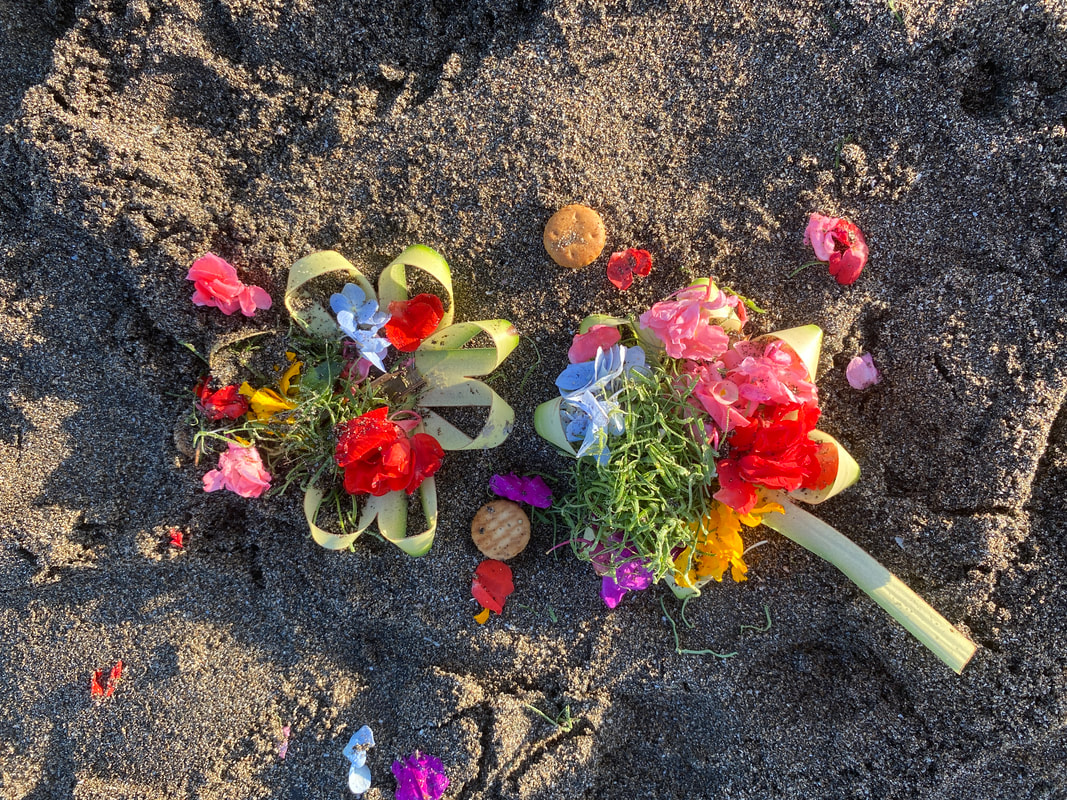
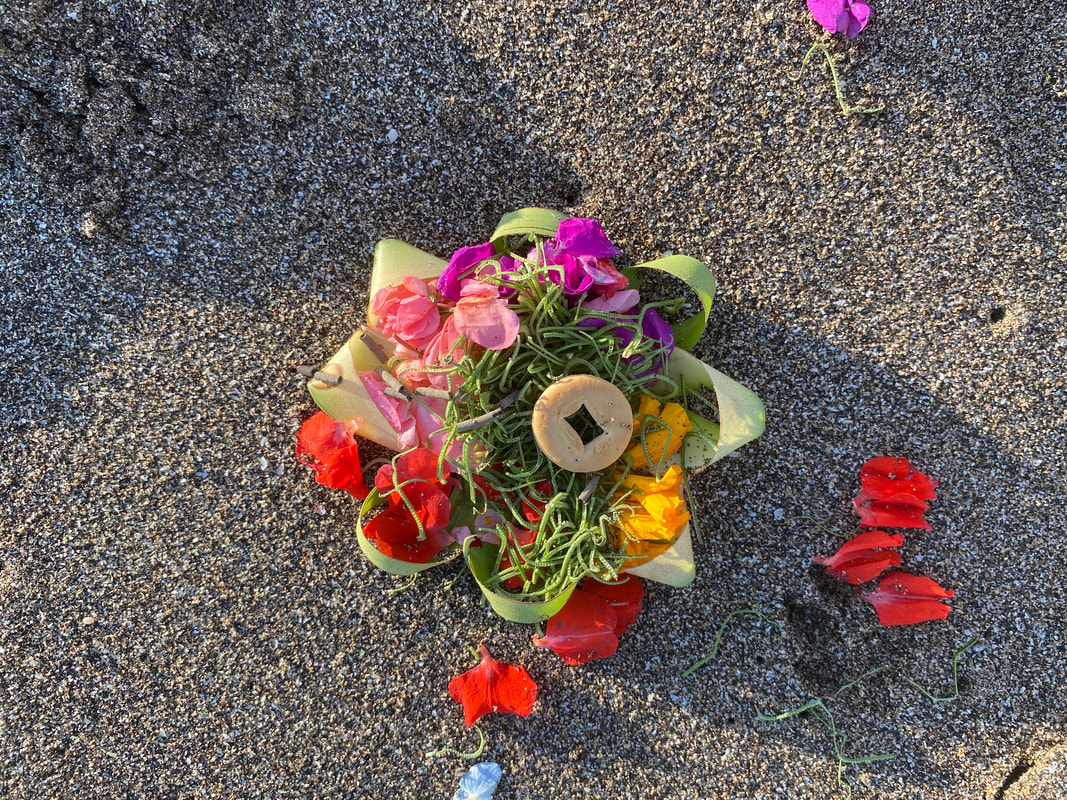
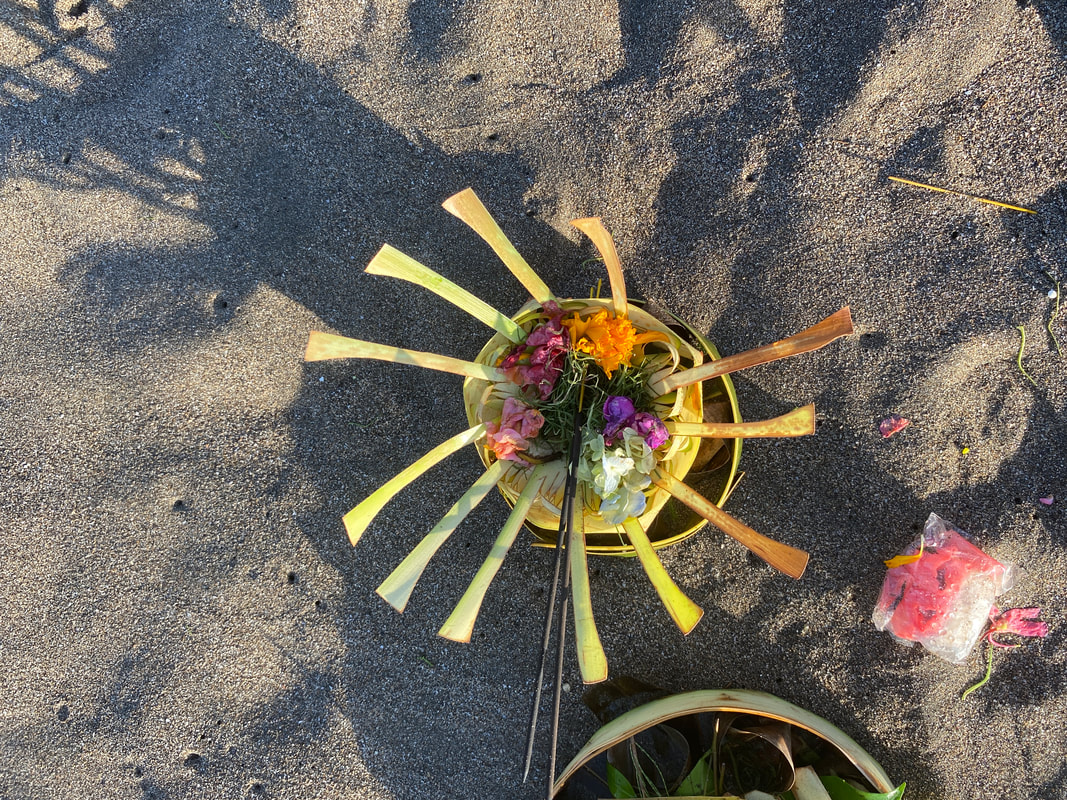
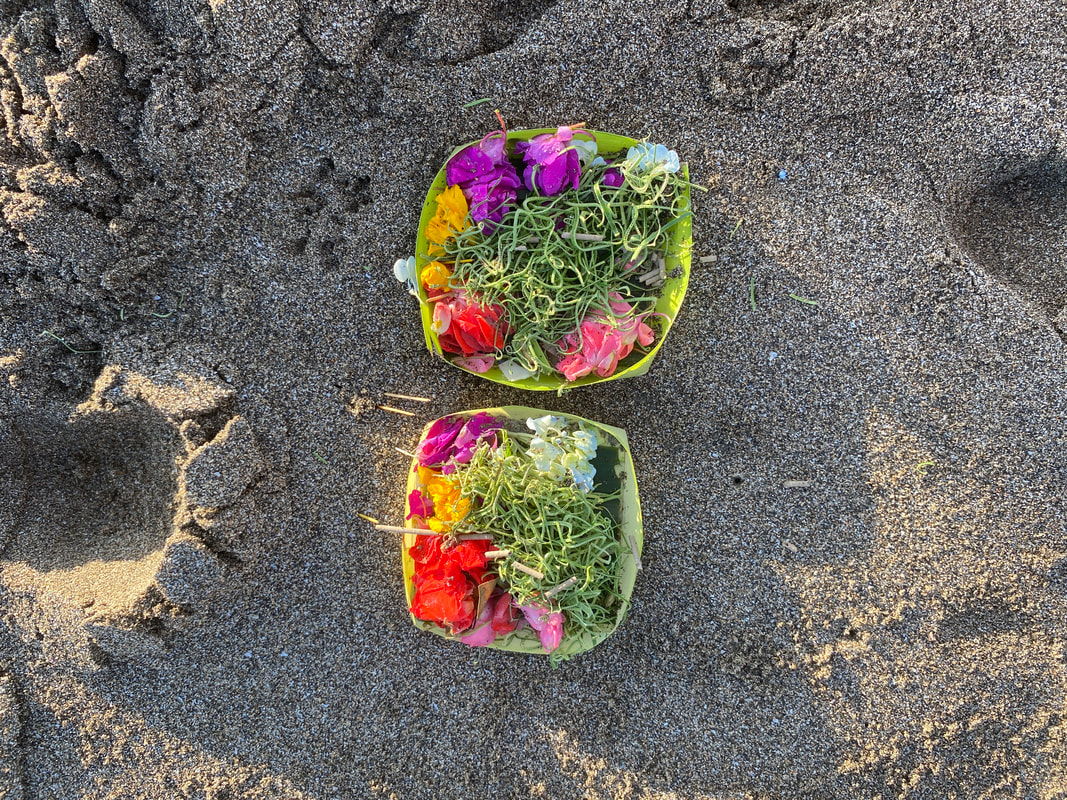
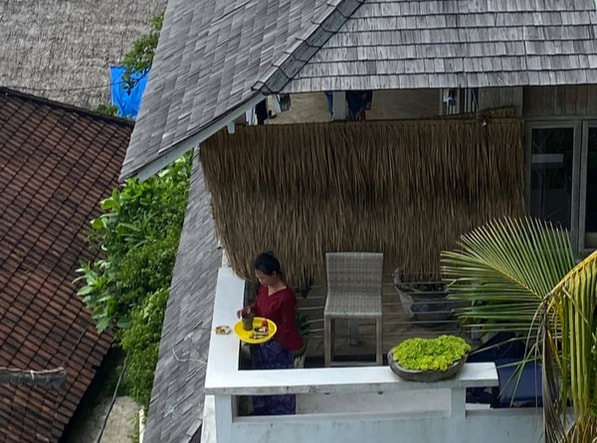
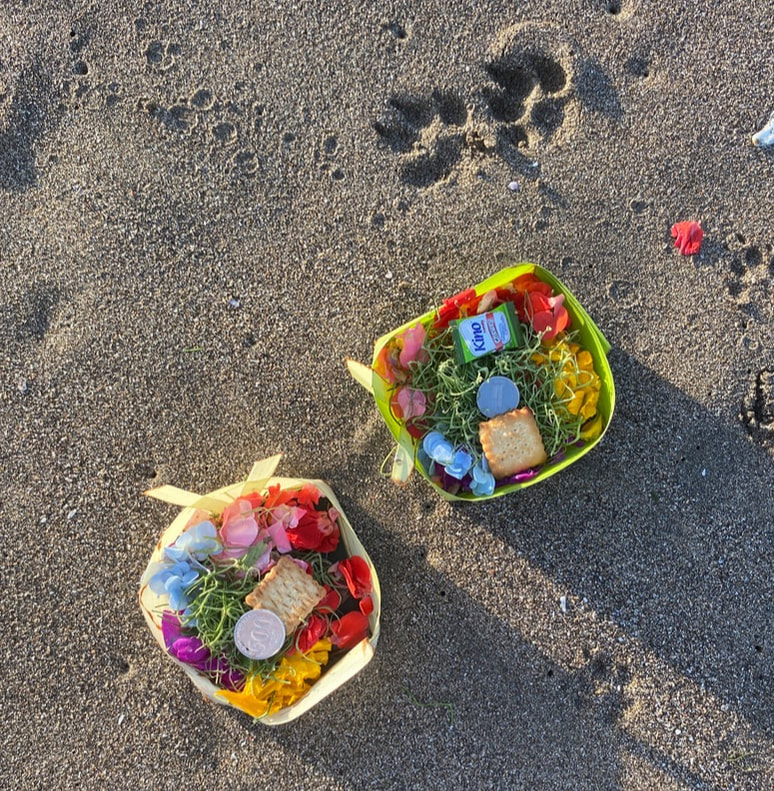
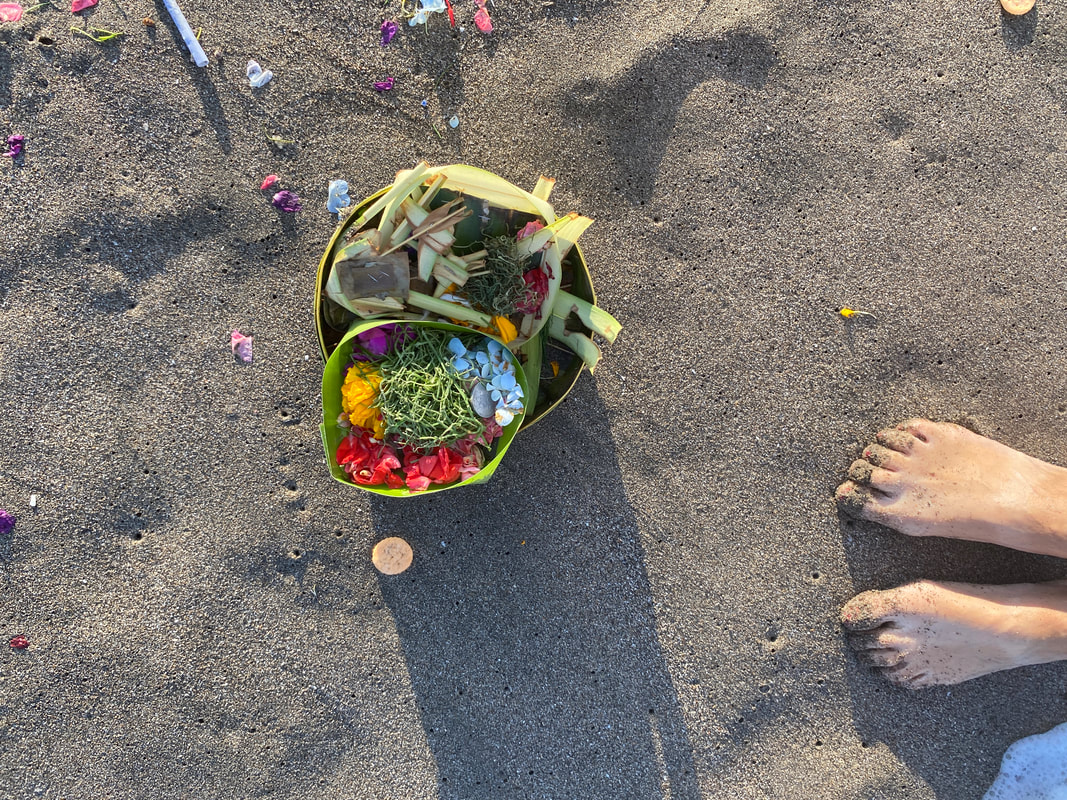
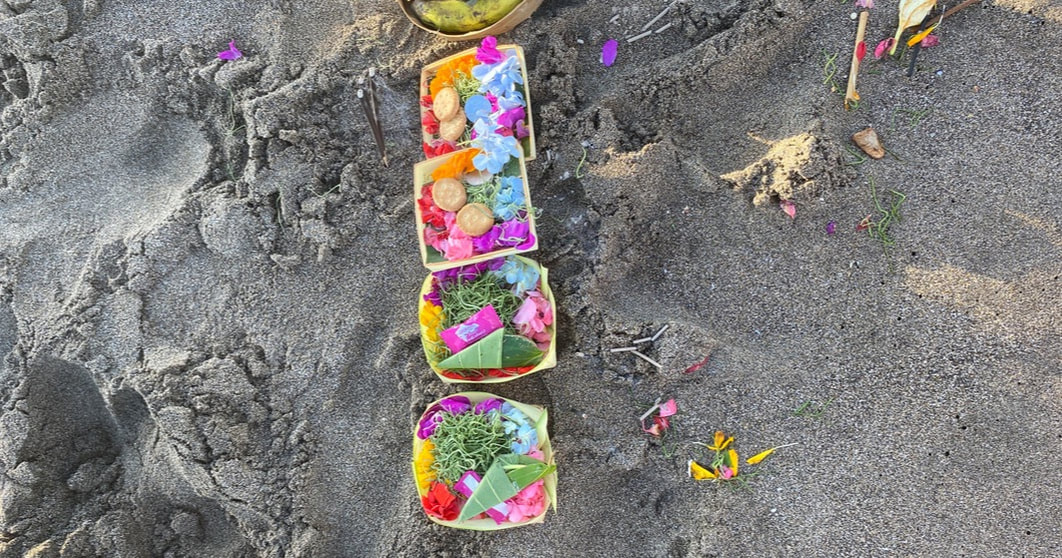

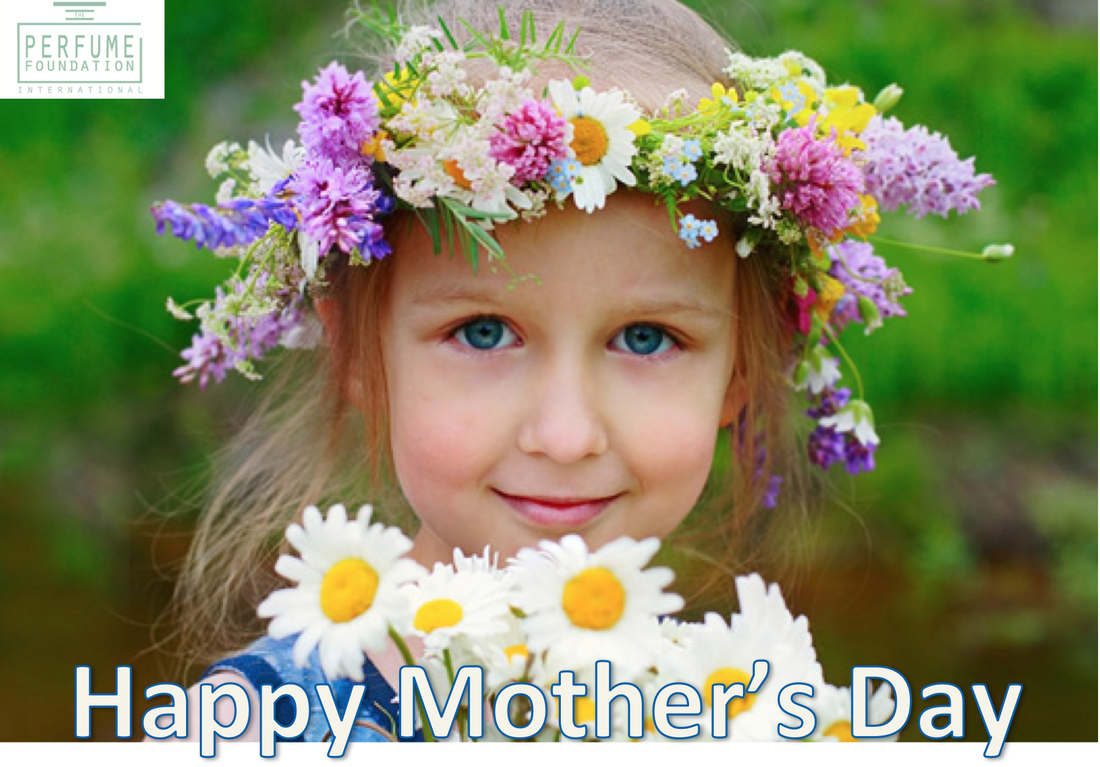
 RSS Feed
RSS Feed

